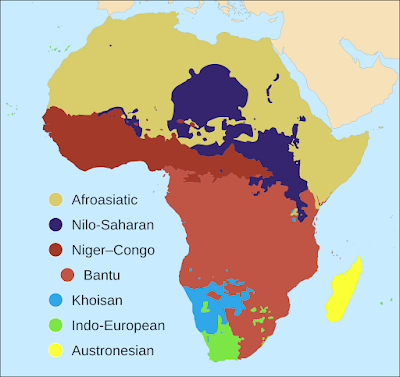France's Waning Influence in Africa: A Shift Towards Autonomy or a New Era of Foreign Relations?
In the intricate tapestry of global geopolitics, Africa, particularly the Sahel region, has emerged as a focal point of shifting power dynamics, notably encapsulated by France's dwindling influence in its former colonies. The departure of French troops from key former colonies like Niger, Mali, and Burkina Faso has not only sparked celebrations among the local populations and newly established military regimes but also ushered in a period of uncertainty and potential recalibration of alliances and power structures.
A Legacy Entwined with Shadows from the Past
France's historical and often tumultuous relationships with its former African colonies have been punctuated by narratives of exploitation, interference, and neo-colonialism. Despite President Emmanuel Macron's endeavours to navigate the murky waters of France's colonial history and forge pathways towards reconciliation and partnership, the nation's influence on the continent has been on a perceptible decline. The recent military coups and the subsequent withdrawal or expulsion of French troops from several nations signal a rejection of France’s interference and potentially herald a new era in Franco-African relations.
Triumph or Tribulation: The Celebration of Departure
The withdrawal of French military forces from Niger, Mali, and Burkina Faso has been heralded by many as a victory against neo-colonialism and a stride towards autonomy and sovereignty. The new military regimes and a significant portion of the civilian population have welcomed these departures as a "historic step forward." However, the ensuing vacuum, particularly in the realm of security and counter-terrorism, raises critical questions regarding the stability and future trajectory of these nations and the Sahel region as a whole.
The Security Conundrum: Navigating a Volatile Landscape
The Sahel, marred by the persistent threat of Islamist insurgencies and inter-communal violence, faces a precarious future in the absence of French military support. Niger, a pivotal ally for Western forces in combating Islamist insurgencies, now stands at a crossroads. While the United States has suspended assistance following the declaration of the July takeover as a military coup, it has indicated no immediate plans to alter its troop presence in the country. This complex scenario, juxtaposed with the withdrawal of French forces, necessitates a nuanced approach to managing the ongoing security challenges in the region.
Russia’s Ascendancy: A New Player on the African Stage?
The void left by France opens a potential avenue for increased Russian influence in Africa. The Wagner group, a Russian-backed mercenary organization, has already been engaged by Mali, and there are indications that other nations may follow suit. The potential for increased Russian involvement in the region, particularly through a group accused of human rights abuses, raises new concerns and challenges for international relations and security in the Sahel.
The European Dilemma: Balancing Act in a Changing Landscape
The departure of French forces and the potential ascent of Russian influence in the Sahel present a complex dilemma for Europe. Balancing relationships with the new military regimes, managing broader political and security interests in Africa, and navigating the potential influx of Russian influence necessitate a strategic and multifaceted approach.
The Future: A Path Shrouded in Uncertainty
The Sahel region, now embarking on a journey towards a future with diminished French influence, faces a myriad of challenges and opportunities. The ability of the new military regimes to effectively manage governance, security, and international relations remains to be seen. Furthermore, the potential for increased Russian involvement poses new challenges and questions regarding the future stability and autonomy of the region.
The diminishing of French influence in Africa marks a pivotal juncture in the continent's history and its international relations. The unfolding events will indubitably shape the future of the Sahel and potentially redefine Africa’s relationships with global powers. The continent, steeped in a rich and diverse history, now stands at a crossroads, navigating between its colonial past and an uncertain, yet decidedly autonomous future.
In the intricate interplay of power, influence, and autonomy, the nations of the Sahel are crafting a new narrative, one that is simultaneously liberating and fraught with challenges. As the dust settles on the departure of French troops, the world watches, with bated breath, the dawn of a new era in Africa.

_WITH_JOURNALISTS_AT_THE_6TH_ZIONIST_CONGRESS._SEATED_NEXT_TO_HIM_IS_Z._WERNER,_EDITOR_OF_THE_ZIONIST_PAPER,_DIE_WELT._%D7%AA%D7%90%D7%95%D7%93%D7%95%D7%A8_%D7%94%D7%A8%D7%A6.jpg)

Comments
Post a Comment